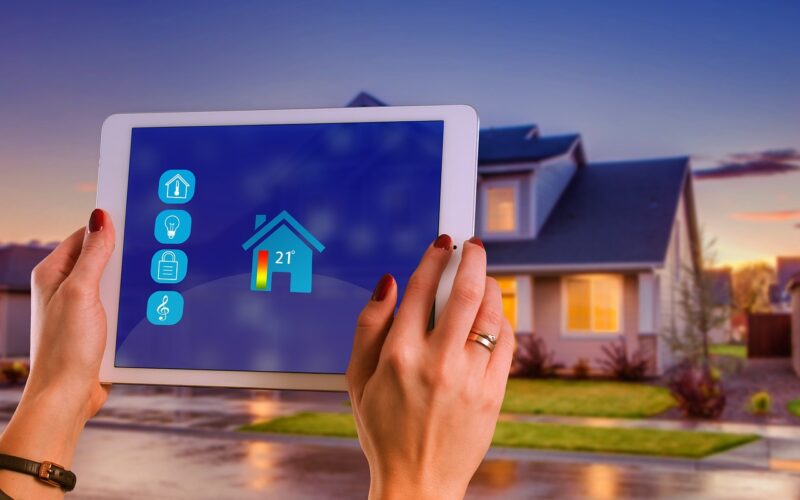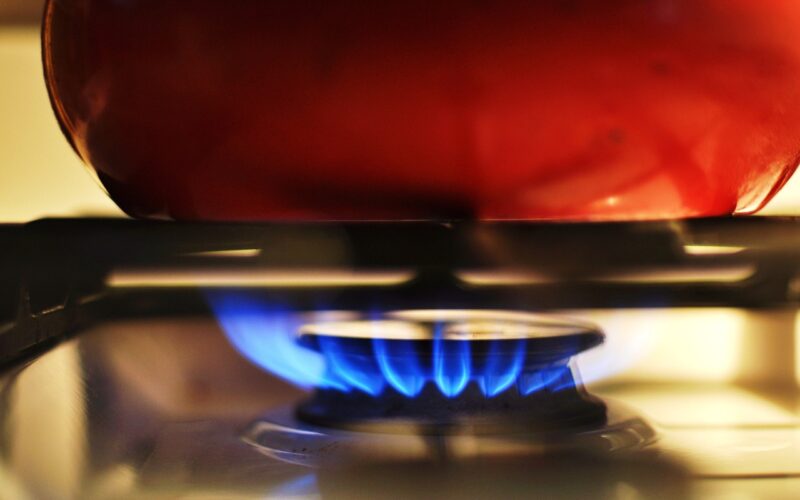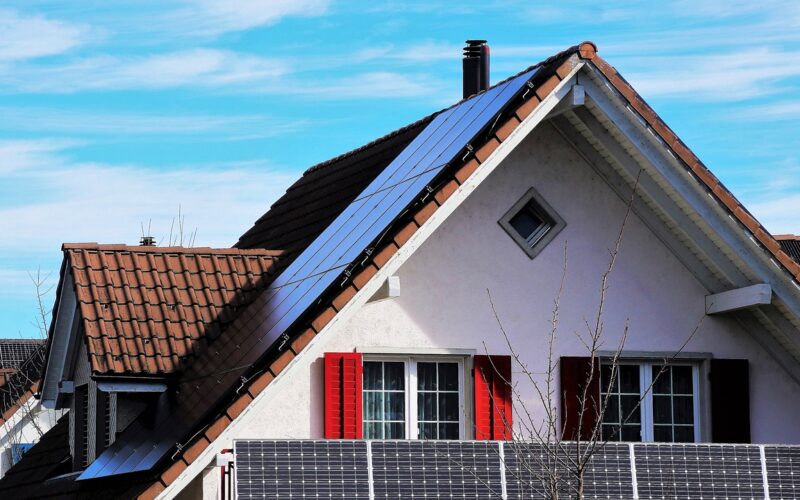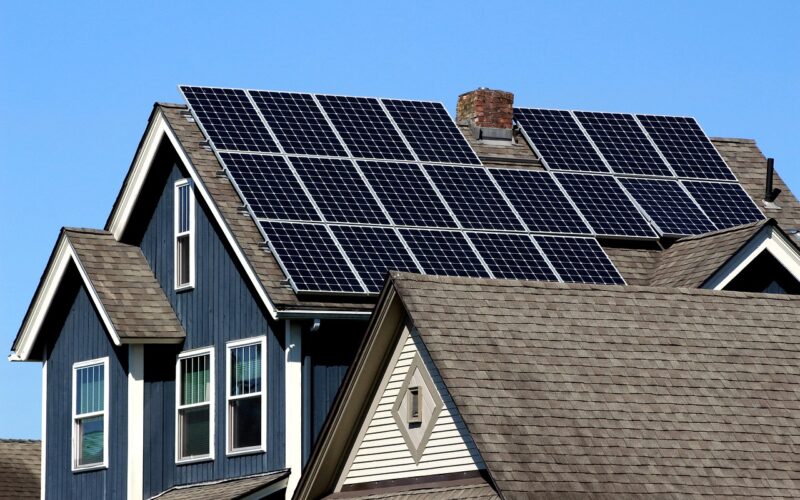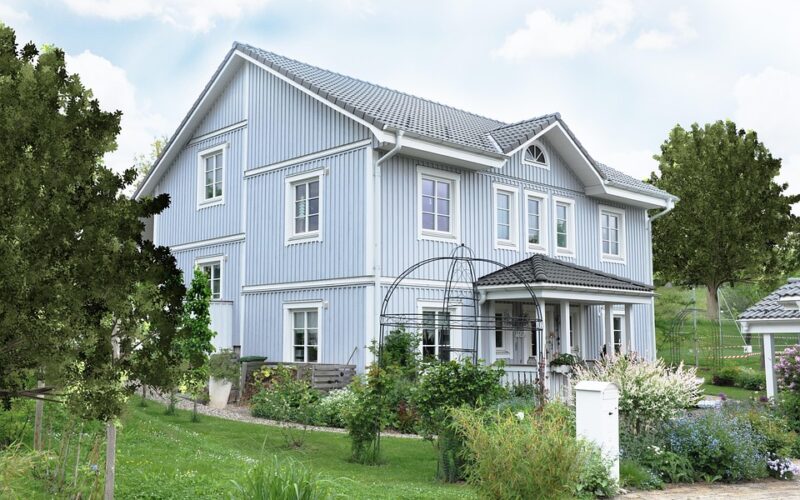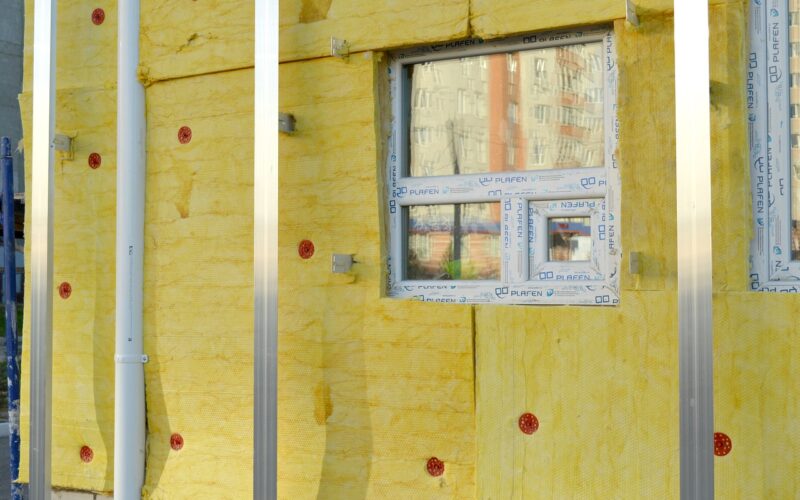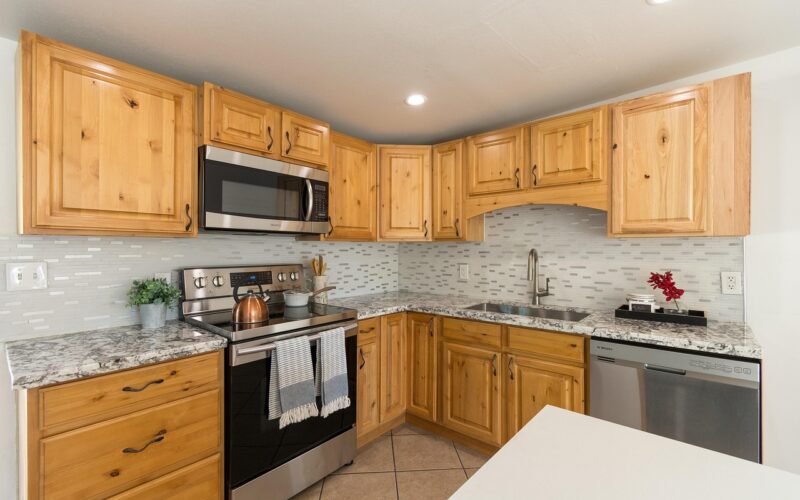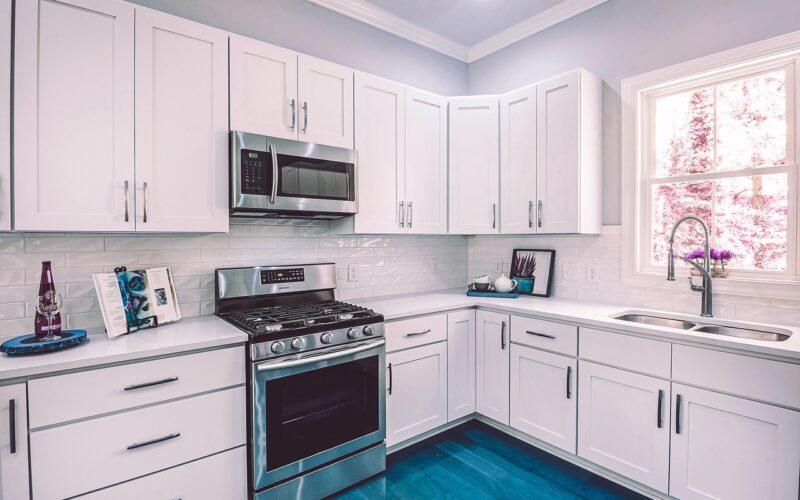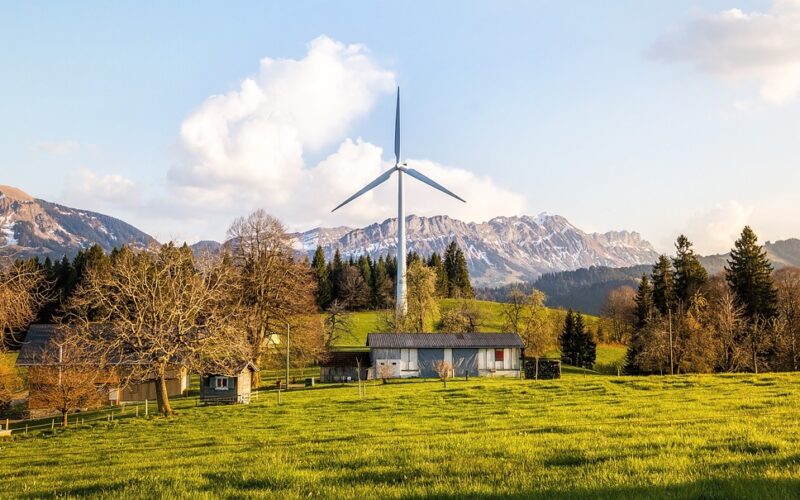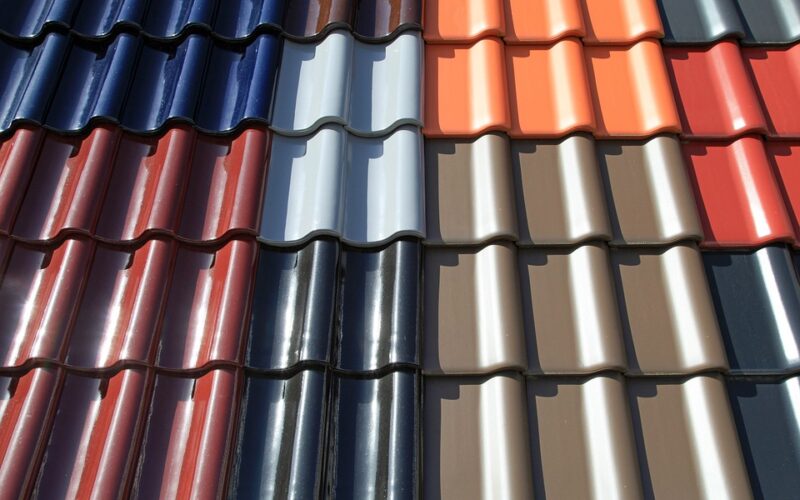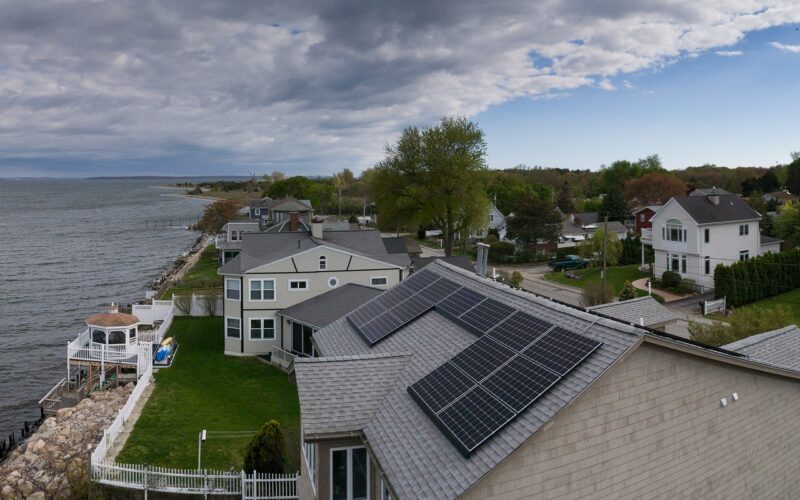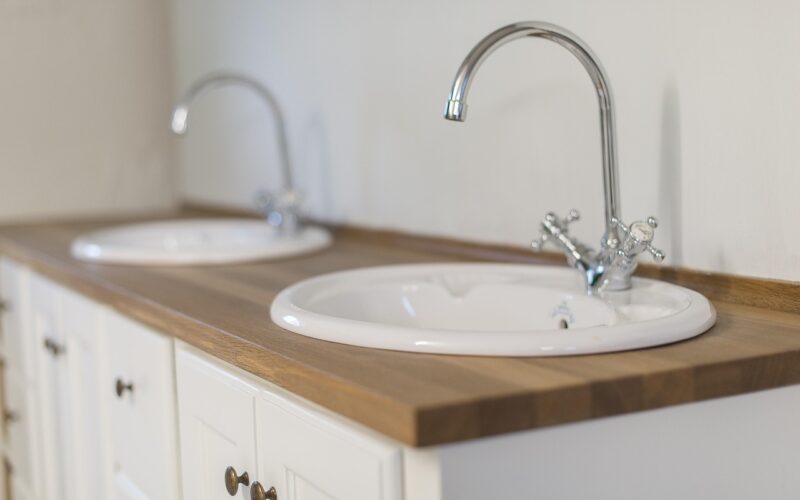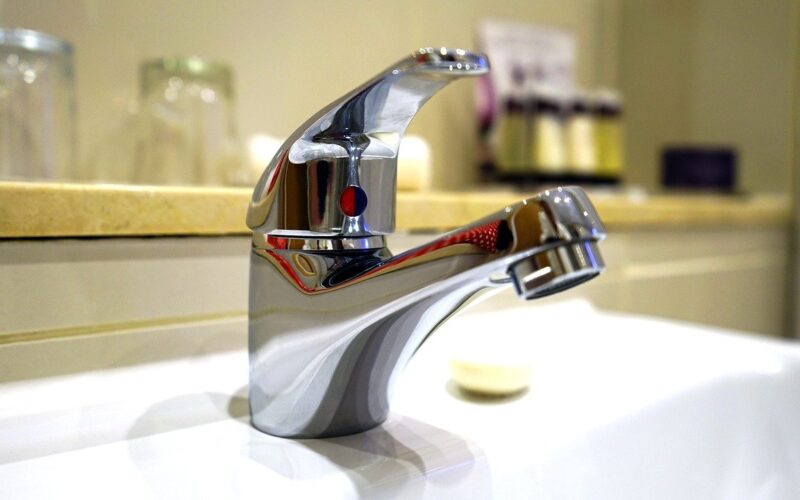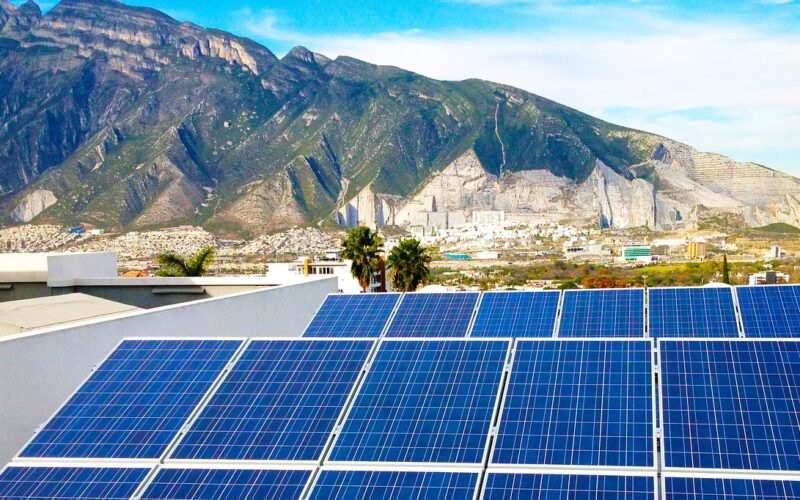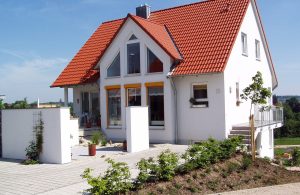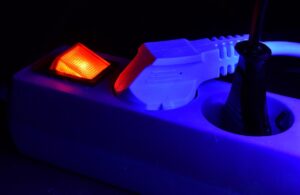As we all look for ways to reduce our carbon footprint and manage energy bills, the heart of the home—the heating system—is a great place to start. Eco-friendly heating is no longer a distant concept; it's an accessible reality. Modern boilers, combined with intelligent controls, offer a powerful way to heat your home efficiently, cutting both costs and carbon emissions without sacrificing comfort. Understanding how this technology works is the first step toward making a significant and positive environmental impact from your own living room.
How modern boilers achieve high efficiency
Today's high-efficiency condensing boilers are engineered to capture and reuse heat that older models would simply waste. When fuel is burned, it produces hot gases, including water vapour. In a traditional boiler, these hot gases escape up the flue. A condensing boiler, however, has a larger heat exchanger that cools these gases to the point where the water vapour condenses back into liquid. This process releases latent heat, which is then used to pre-heat the water returning from your radiators. This simple but effective technology means the boiler requires less fuel to achieve the desired temperature, often operating at over 90% efficiency.
The role of smart modulation and controls
Beyond condensing technology, modern boilers use modulation to fine-tune their output. Instead of running at full power and then shutting off, a modulating boiler can adjust its flame size to precisely match the heating demand. This is like using a dimmer switch instead of a simple on/off button, ensuring a steady, efficient use of energy. When paired with weather compensation controls, the system becomes even smarter. An outdoor sensor tells the boiler the outside temperature, allowing it to automatically adjust the heat supplied to your radiators. On milder days, it runs at a lower, more efficient temperature, saving energy without you even noticing.
Integrating with smart thermostats for greater savings
The true power of an efficient boiler is unlocked when it's paired with smart thermostats and zoning controls. Smart thermostats learn your household's routine, automatically lowering the temperature when you're away or asleep and warming it up just before you get home or wake up. You can also control them remotely from your smartphone. Zoning takes this a step further, allowing you to create different temperature zones within your home. This means you can heat the living room in the evening without needlessly warming empty bedrooms, drastically reducing wasted energy and delivering comfort where it’s needed most.
Thinking about the boiler's lifecycle
An efficient system is only as good as its upkeep. To maintain peak performance and low emissions, a yearly check-up is essential. A professional annual boiler service ensures that all components are clean, safe, and operating correctly, preventing the gradual decline in efficiency that can happen over time. However, there comes a point when constantly repairing boilers, especially older, non-condensing models, becomes less cost-effective and environmentally friendly than upgrading. An old, inefficient boiler could be wasting as much as 30p of every pound you spend on heating.
When to repair and when to replace
Deciding between a repair and a replacement involves weighing the costs and benefits. If your boiler is relatively new and the fault is minor, a repair is often the sensible choice. But for older systems facing frequent breakdowns or a major component failure, the money spent on repairs might be better invested in a new boiler installation. A new, correctly sized and professionally commissioned system can lead to immediate and substantial reductions in your home's carbon emissions and energy bills, often paying for itself over its lifespan through lower running costs.
Correct installation and optimised controls are crucial for maximising these benefits. When a new boiler is fitted, an engineer will ensure it's the right size for your home's needs—not too big and not too small—and that the smart controls are set up to work in harmony with it. This holistic approach ensures you get every ounce of efficiency from your investment. By embracing these advancements, your heating system can become a quiet, effective contributor to a more sustainable future.
